Composition & Photography
Working with Photography Using Design Concepts
Harold Davis
Best-Sellers, Composition, Ebook, Photography, Print, Print and digital bundleRead More
Own composition, use composition, and make composition your own in your photographs!
Of all the magical elixirs that make up a successful photograph, composition is perhaps the most fundamental, and at the same time the most elusive. What makes a composition “good”? It’s hard to define exactly, but we instinctively recognize good composition when we see it. There is an undeniable emotional response when a composition resonates with and complements the subject matter of an image.
But traditional attempts to define “good composition” and to pass on rules for good compositional construction are often doomed to failure. The truth is, there are no hard and fast rules. Rules eliminate experimentation and spontaneity, which are crucial for creating compelling, dynamic, and exciting compositions. The best compositions contain an element of the unexpected. “Expect the unexpected!” is perhaps the only viable “rule” of composition. To create exciting compositions, you must have a willingness to embrace serendipity and change as part of your artistic practice. After all, composition is a process, not a result.
In Composition & Photography, photographer and bestselling author Harold Davis teaches you how to perceive patterns and abstractions and incorporate them into your image-making process. If one of the goals of photography is to show viewers things that are new, or things they haven’t seen before, or things they have seen many times but need to see anew, then it’s with the thoughtful and considered use of composition that you do that.
In this book, you’ll learn how to reduce your subject matter to the fundamentals, and to show familiar subjects in unfamiliar, novel ways. Harold covers topics and themes such as:
▪
- Lines and circles
▪
- Rectangles
▪
- Combinations
▪
- Repetition
▪
- Symmetry and asymmetry
▪
- Abstraction
▪
- Entering and exiting
▪
- Vanishing points and perspective
▪
- Emphasis
▪
- Designing within a frame
▪
- Creating order from chaos
Composition & Photography will help you find the tools and visual vocabulary to creatively design your photographs. Regardless of the genre and kind of photography you practice, you’ll learn to create powerful compositions that incorporate structure and form into your work in ways that best support your images. Along the way, Harold shows and discusses his own work relating to each compositional element or theme he’s exploring. And featured throughout the book are exercises about flexibility and process, designed to spur your creativity and help you begin an internal creative discussion.
“My goal as a photography teacher and writer about photography is to inspire and to help you become the best and most creative photographer and image-maker that you can be.”
―Harold Davis
“Harold Davis is a force of nature―a man of astonishing eclectic skills and accomplishments.”
―Rangefinder Magazine
Read Less
- Print and eBook Bundle: $54.99
- Print Book: $45
- eBook: $35.99
| BOOK AUTHOR | Harold Davis |
|---|---|
| PAGE COUNT | 240 pages |
| TRIM SIZE | 228mm x 228mmin |
| COVER | Soft Cover - with flaps |
| ISBN | 9781681987439 |
| PUBLISH DATE | 05/2022 |
- TABLE OF CONTENTS
- Whats Important
- Line
- Circle
- Rectangle
- Combinations
- Repetition
- Symmetry and Asymmetry
- Abstraction
- Entering and Exiting
- Vanishing Points and Perspective
- Emphasis
- Designing within a Frame
- Creating Order from Chaos
- Composition as Conversation
- Composition as Process
- Notes and Resources
- Glossary
- Index
3 reviews for Composition & Photography
You must be logged in to post a review.
Related products
-
The Fujifilm X100F
Camera Brands, Ebook, Fujifilm, Photography, Print, Print and digital bundle This product has multiple variants. The options may be chosen on the product page $22.99 – $34.99Price range: $22.99 through $34.99The Fujifilm X100F
Camera Brands, Ebook, Fujifilm, Photography, Print, Print and digital bundle This product has multiple variants. The options may be chosen on the product page $22.99 – $34.99Price range: $22.99 through $34.99 -
Out of stock
Wedding Storyteller, Volume 2
Ebook, Lighting, Photography, Popular Techniques, Posing, Print, Print and digital bundle, Specialized Topics, Wedding This product has multiple variants. The options may be chosen on the product page $39.99 – $59.99Price range: $39.99 through $59.99Wedding Storyteller, Volume 2
Ebook, Lighting, Photography, Popular Techniques, Posing, Print, Print and digital bundle, Specialized Topics, Wedding This product has multiple variants. The options may be chosen on the product page $39.99 – $59.99Price range: $39.99 through $59.99 -
David Busch’s Canon EOS Rebel SL2/200D Guide to Digital SLR Photography
Camera Brands, Canon, David Busch, Ebook, Photography, Print, Print and digital bundle This product has multiple variants. The options may be chosen on the product page $31.99 – $49.99Price range: $31.99 through $49.99David Busch’s Canon EOS Rebel SL2/200D Guide to Digital SLR Photography
Camera Brands, Canon, David Busch, Ebook, Photography, Print, Print and digital bundle This product has multiple variants. The options may be chosen on the product page $31.99 – $49.99Price range: $31.99 through $49.99 -
Chroma
Ebook, Lighting, Photography, Popular Techniques, Print, Print and digital bundle, Specialized Topics This product has multiple variants. The options may be chosen on the product page $31.99 – $49.99Price range: $31.99 through $49.99Chroma
Ebook, Lighting, Photography, Popular Techniques, Print, Print and digital bundle, Specialized Topics This product has multiple variants. The options may be chosen on the product page $31.99 – $49.99Price range: $31.99 through $49.99
Related products
-
Chroma
Ebook, Lighting, Photography, Popular Techniques, Print, Print and digital bundle, Specialized Topics This product has multiple variants. The options may be chosen on the product page $31.99 – $49.99Price range: $31.99 through $49.99Chroma
Ebook, Lighting, Photography, Popular Techniques, Print, Print and digital bundle, Specialized Topics This product has multiple variants. The options may be chosen on the product page $31.99 – $49.99Price range: $31.99 through $49.99 -
Mastering the Olympus OM-D E-M1 Mark II
Camera Brands, Darrell Young, Ebook, Olympus, Photography, Print, Print and digital bundle This product has multiple variants. The options may be chosen on the product page $35.99Mastering the Olympus OM-D E-M1 Mark II
Camera Brands, Darrell Young, Ebook, Olympus, Photography, Print, Print and digital bundle This product has multiple variants. The options may be chosen on the product page $35.99 -
Mastering the Nikon D850
Camera Brands, Darrell Young, Ebook, Nikon, Photography, Print, Print and digital bundle This product has multiple variants. The options may be chosen on the product page $44.99 – $59.99Price range: $44.99 through $59.99Mastering the Nikon D850
Camera Brands, Darrell Young, Ebook, Nikon, Photography, Print, Print and digital bundle This product has multiple variants. The options may be chosen on the product page $44.99 – $59.99Price range: $44.99 through $59.99 -
The Apple Photos Book for Photographers, 2nd Edition
Apple Photos, Ebook, Image Editing, Photography, Print, Print and digital bundle This product has multiple variants. The options may be chosen on the product page $23.99 – $39.99Price range: $23.99 through $39.99The Apple Photos Book for Photographers, 2nd Edition
Apple Photos, Ebook, Image Editing, Photography, Print, Print and digital bundle This product has multiple variants. The options may be chosen on the product page $23.99 – $39.99Price range: $23.99 through $39.99

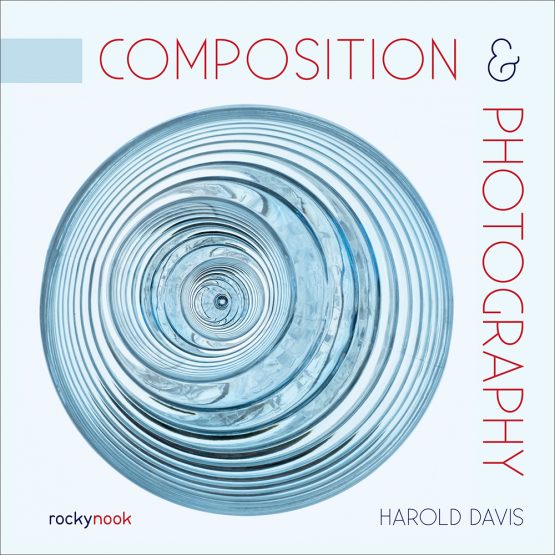

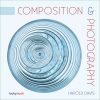

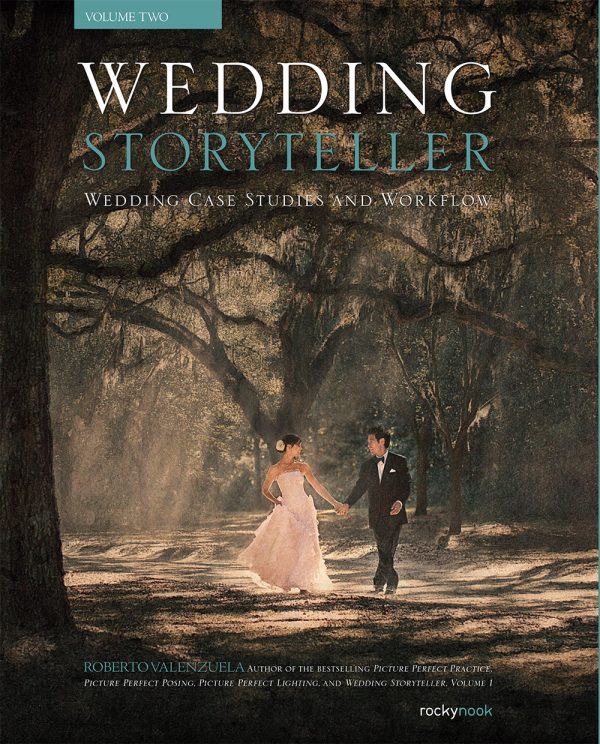

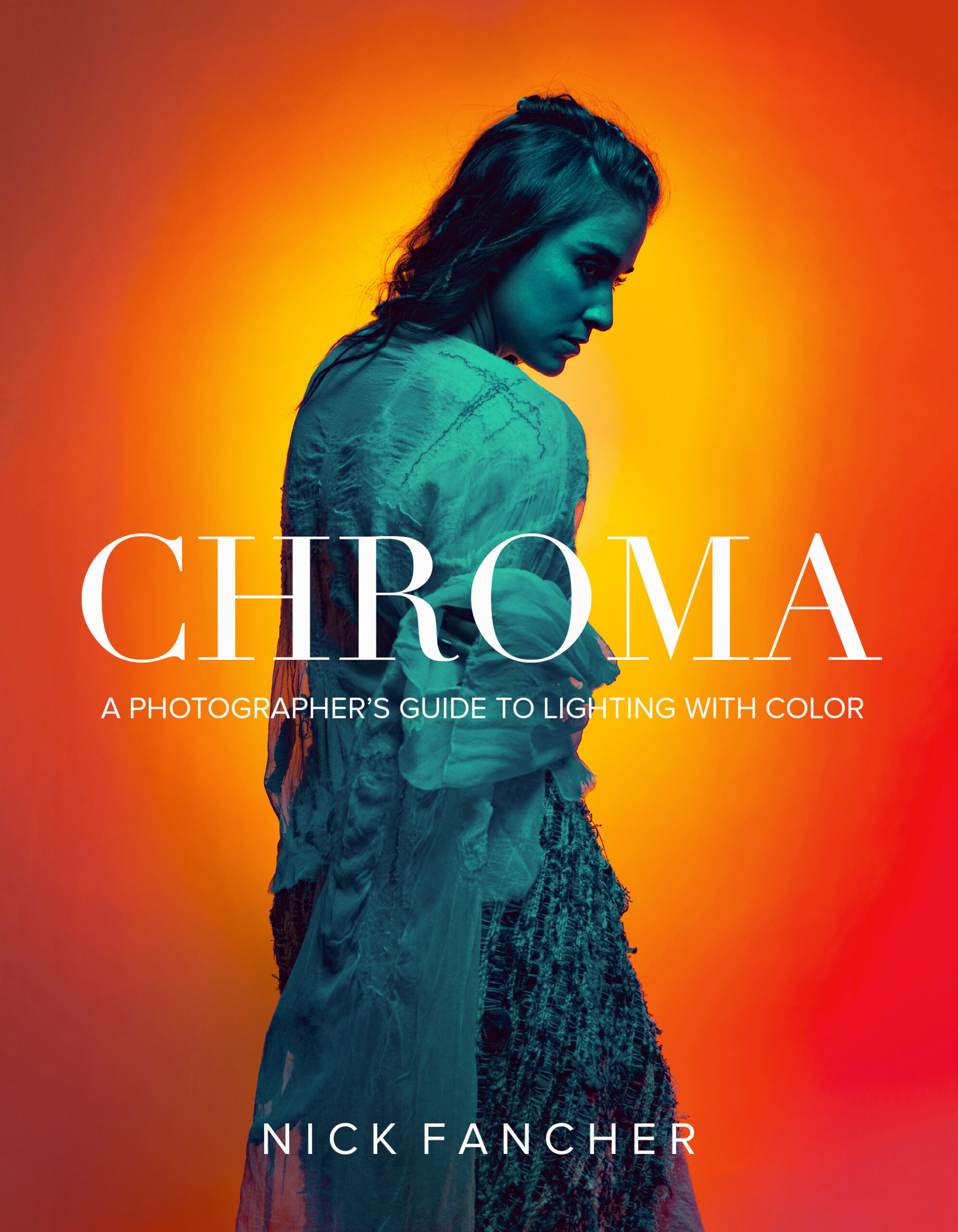
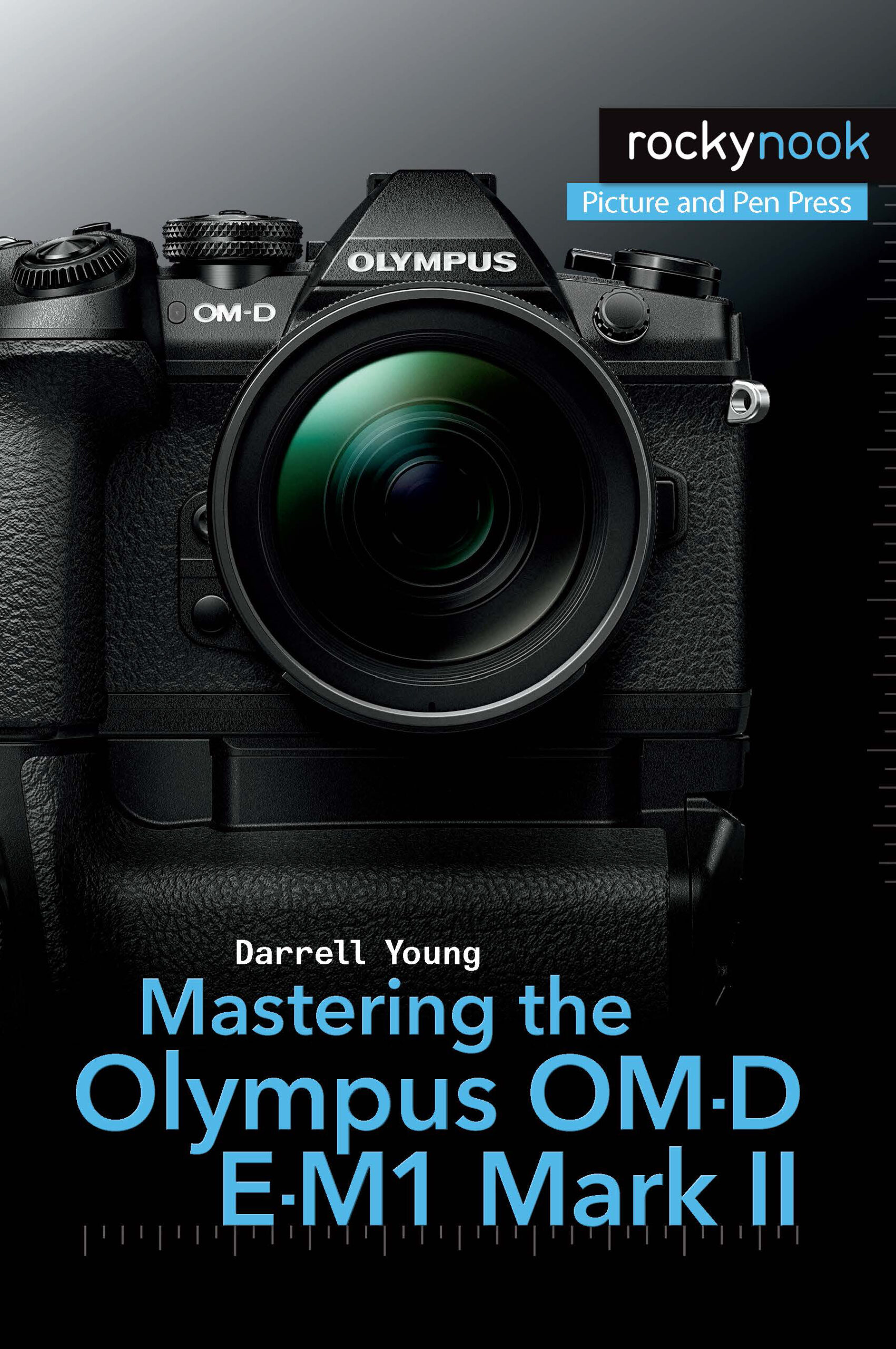
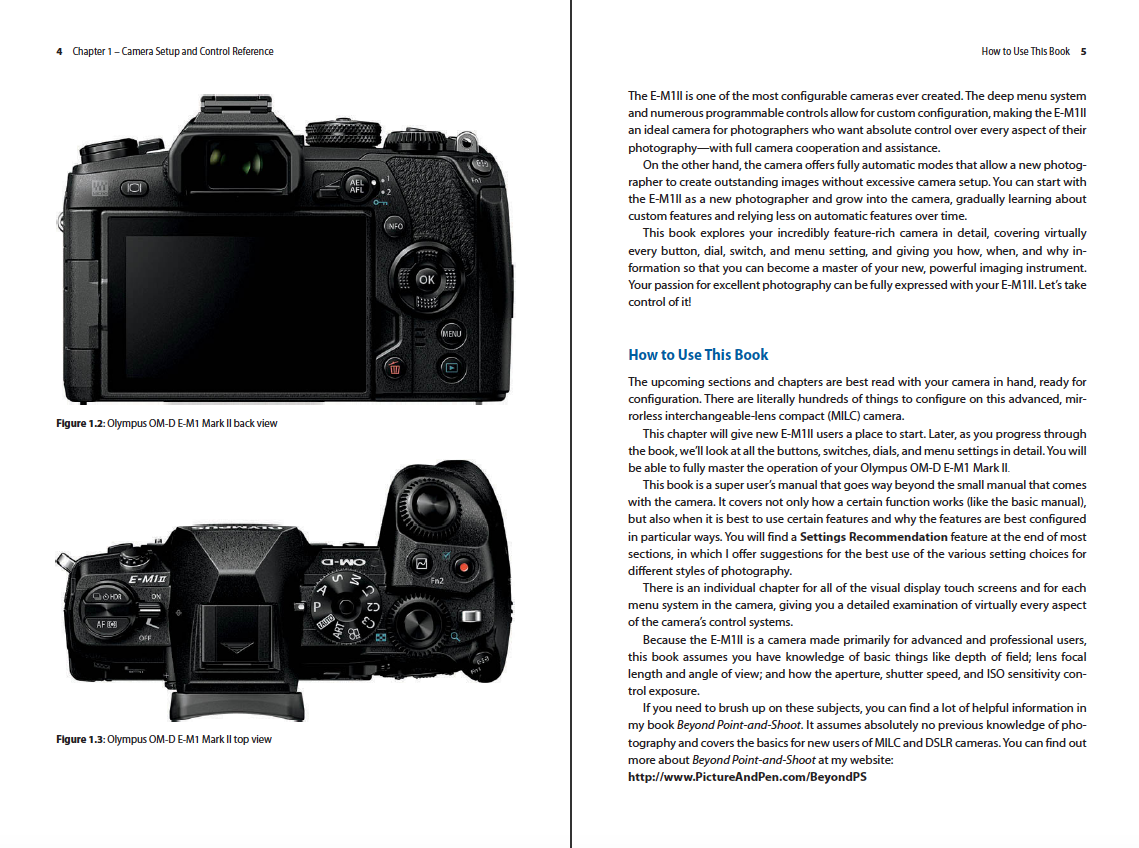

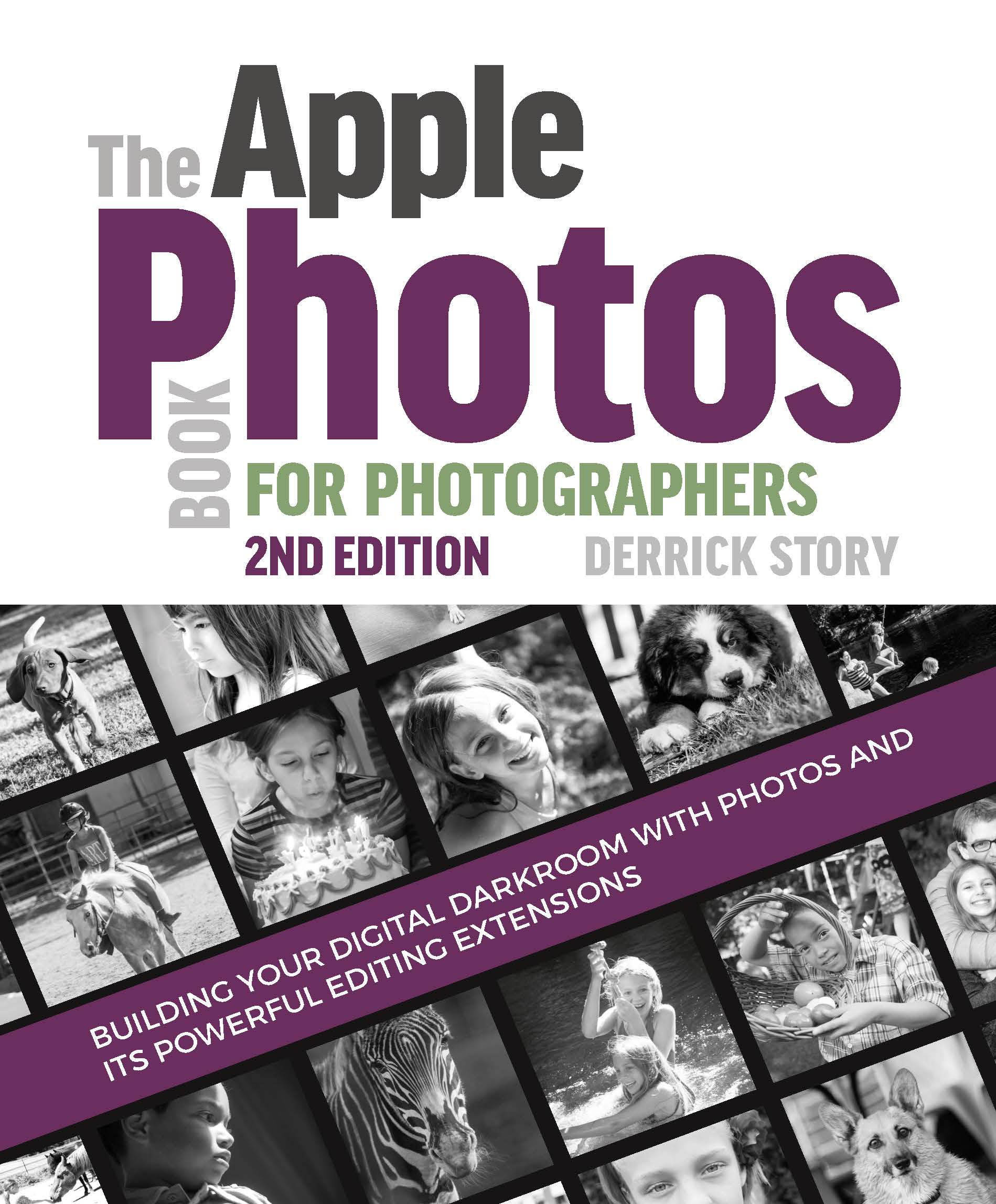
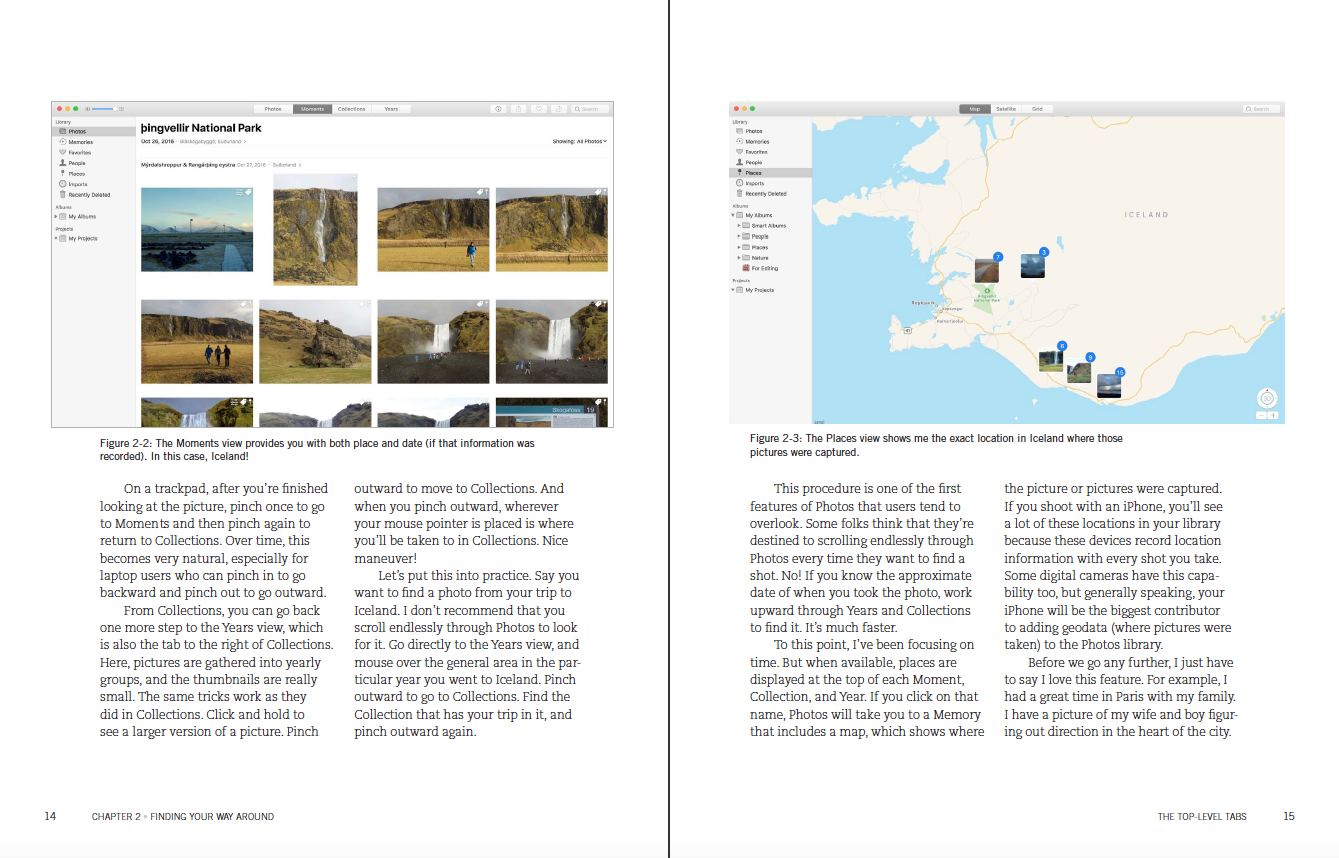
Gloria
The cover of this book alone is enough to make me want to read it: a swirl of circles ever inward, yet off-center. What does it all mean? I have read other books by Harold Davis and found them useful and well done so I look forward to this one. Sometimes I fear my understanding of composition is limited to the Rule of Thirds :-). I will be happy to expand my thoughts on composition. Much like the fascinating cover of this book, the first chapter is entitled “expect the unexpected“. The preface quotes both Edward Weston and Ansel Adams, so how can we go wrong?
Davis starts out telling us that composition is critical to a good photograph, and I agree, but he adds that bad compositions should not be repaired in Photoshop. Here I disagree, but I look forward to understanding his position. And I admit that I do believe we are better off achieving good composition in camera whenever possible. Davis encourages us to be experimental and spontaneous: that’s the title of the first chapter. Although I am sure the book will lay out many rules of composition, Davis argues that we need to go beyond rules in our photography. I couldn’t agree more and I look forward to his explication.
In the author’s chapter on circles he warns us that peoples’ eyes will be drawn to the circle which may prove to be a closed system. In other words, is that the only thing your viewers will look at? Davis’ writing and philosophical questions are a treat and give us a lot to ponder in pursuit of our art. Davis points out that circles have meanings beyond themselves and that we should be aware of that when we use them in a photograph. Do we make it the central point of the photograph, place it off to one side, use the circle as a portal to another world…so interesting to read Davis‘s take on this.
In one chapter, Davis talks about the very common practice of having your viewer enter the photo somewhere on the lower left and move diagonally out of the photo on the right. He asks if this is a cultural bias, e.g., what if the viewer is from a culture where one reads from right to left? Interesting issue! This book gives us all the usual rules but also stimulates our imagination with questions such as these. Something to think about. When I shoot macro subjects, I admit I seldom think about the positive and negative space component of composition, but Davis does and has a section on it. I appreciate his attention to these non-landscape situations. And I especially enjoyed his chapter on symmetry and asymmetry. He points out that we generally think of bilateral symmetry but there are other kinds, including reflective symmetry. After reading this section, the next time I shoot a seabird on the water, I will pay special note to the symmetry between my subject and her reflection.
Once again, Harold Davis does not disappoint. I will refer to this book often because composition, of course, is critical to our photography. He is not only thought-provoking and interesting, his writing is also very accessible making his book a pleasure to read.
yukiko.okuma (verified owner)
I just received an copy of the ebook, and I cannot wait for the hard copy. The cover is fabulous and beautiful. It led me right into the book itself. I started the book immediately, already the first part about lines was so informative. I like that he asks thoughtful questions, and then gives an assignment for the reader. I spend one day walking around New York City finding and photographing lines. I am reading each chapter slowly and trying to assimilate his concepts. Harold writes like the talks; he is an amazing communicator and teacher. I can see him in a zoom session talking about the concepts in this book. I know that I will be referring to this book often. Thank you, Harold. …. Yuki
jefforns
I have read many books and taken many classes on Composition, both artistic and photographic, and this book is very different and a MUST read for photographers. We all learn about all the compositional rules like the “rule of thirds’, ‘the golden proportion’ and the horizon location.
Mr. Davis takes composition in a different direction and numerous applications. My favorite chapter is on ‘Positive and Negative Space’.
There are numerous ideas and thoughts by the author and a plethora of examples and images……all are great. In the past I have used some of his suggestions for floral photography and spiral stair imagery, but nothing compares to the explanations Mr. Davis uses.
This is a typical Rocky Nook book: beautifully produced, written and the quality of the printing is the best. Any photographer would benefit from reading this book and having it in his library.